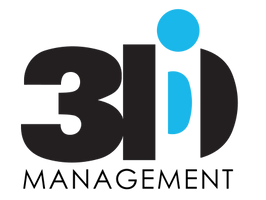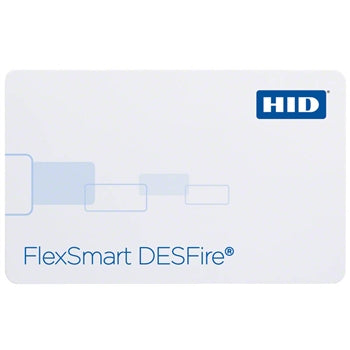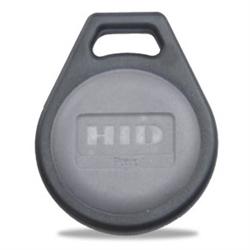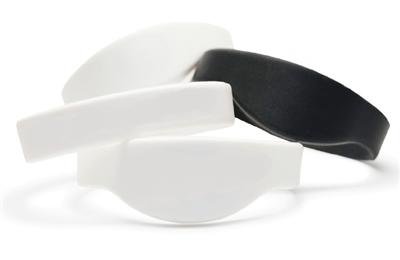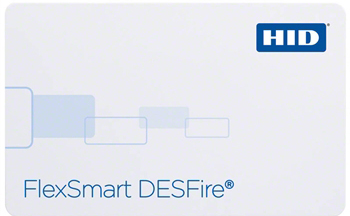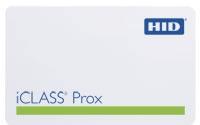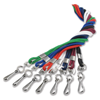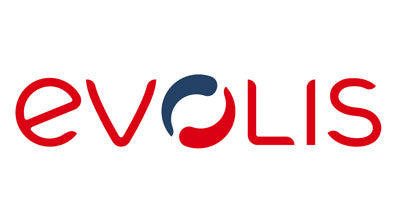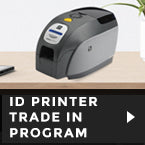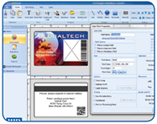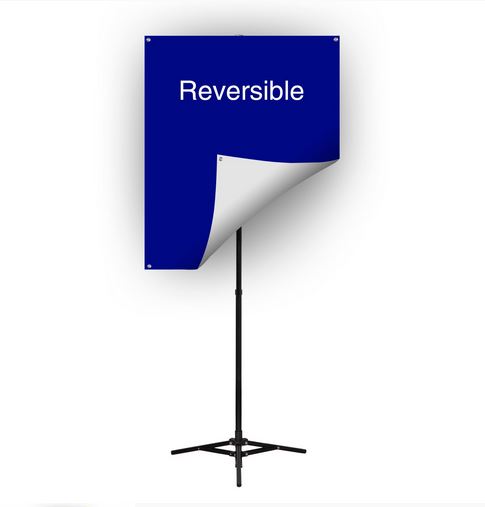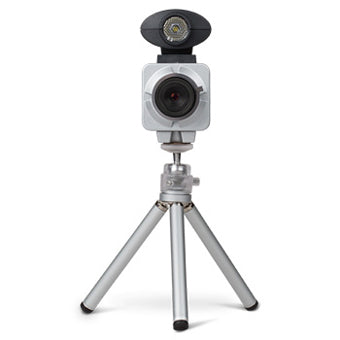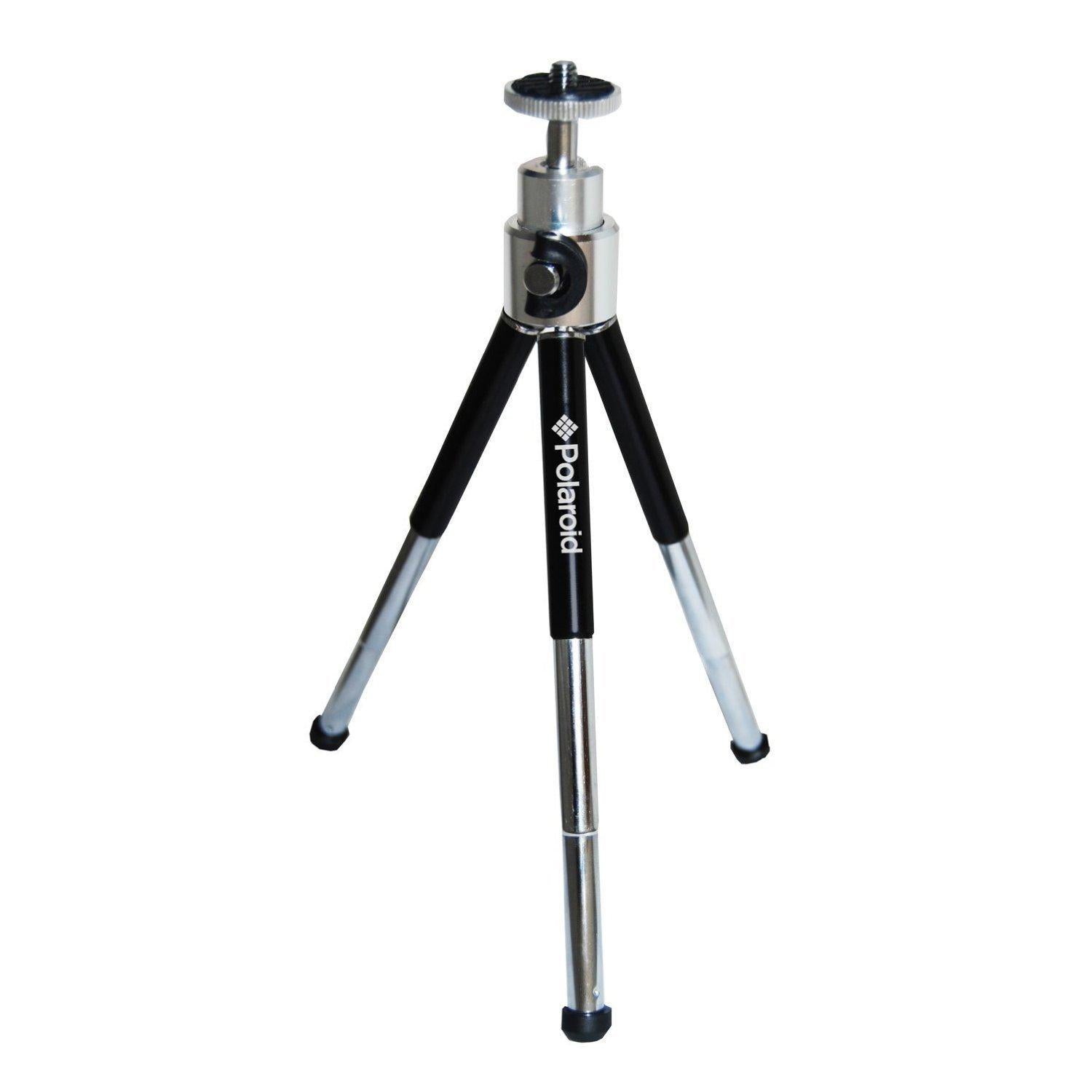ID Printers, Badges & Accessories

5 Common Industries Where A Barcode Scanner Is A Must
Barcode scanners have revolutionized the way businesses operate by streamlining inventory management, sales tracking, and supply chain management. While barcode scanners are commonly associated with retail and warehouse industries, they have found their way into many other sectors as well. Here are five industries that have adopted barcode scanners in their operations.
Healthcare
In the healthcare sector, barcodes have transformed inventory tracking, especially for surgical equipment and medication. Barcodes contribute to lowering human error, which is crucial in the pharmaceutical industry where errors can have disastrous results. Wristband barcodes can be used by medical practitioners to scan patient information and confirm that they receive accurate and timely care. Before giving medication to a patient, they can also employ barcode technology to verify its accuracy and availability. Barcodes can help hospitals and other healthcare facilities better manage their inventories, cut expenses, and ultimately give their patients better care.
Education
For schools to maintain correct accounting, which is frequently a requirement for sustaining grants, it is crucial to keep track of fixed assets like tablets, laptops, lab equipment, and textbooks. Failing to accurately monitor the location of school assets can have serious repercussions, especially when these assets get more expensive, like iPads. Non-compliance has a high financial cost. Barcodes can help school districts and schools in protecting their resources against misappropriation and theft. They assist instructors, administrators, and temporary workers to avoid time-consuming audits where each asset needs to be accounted for, saving time and money. Controlled property access via a staff and student tracking system also helps ensure school safety.
Government Sectors
The use of new technologies like protective armor and body cameras by government organizations including the military, law enforcement, and emergency services is expected to be accounted for. Every police officer, firefighter, army personnel, and public servant must have access to the tools they need in order to carry out their jobs, which calls for a tracking system that employs barcodes to identify who checked out a certain item, when, and where. Taxpayers also profit from a good asset tracking system since it prevents them from spending thousands on pricey audits or replacing lost or stolen property. Government organizations can better serve the public through increased accountability and efficiency.
Big Box Retailers
This is an industry that certainly uses barcodes- major retailers like Wal-Mart use barcodes on virtually every product. The impact of this technology goes beyond mere tracking. Barcodes transformed Wal-Mart’s supply chain, facilitating faster and cheaper communication with manufacturers and suppliers, leading to the behemoth of sales it is today. With the ability to monitor inventory in real-time, retailers like Amazon have been able to innovate and find effective solutions for inventory management, such as their “chaotic storage” method which uses barcodes to track where products are located in their warehouse.
Online Businesses
For small businesses like online home businesses and Etsy shops, barcodes can still play a vital role in keeping track of inventory and ensuring that orders are delivered on time. Even with smaller label sizes, desktop barcode printers can help craft producers efficiently manage their creations and simplify logistics. Ultimately, barcodes offer a simple yet powerful tool for businesses of all sizes to improve their operations and customer satisfaction.
